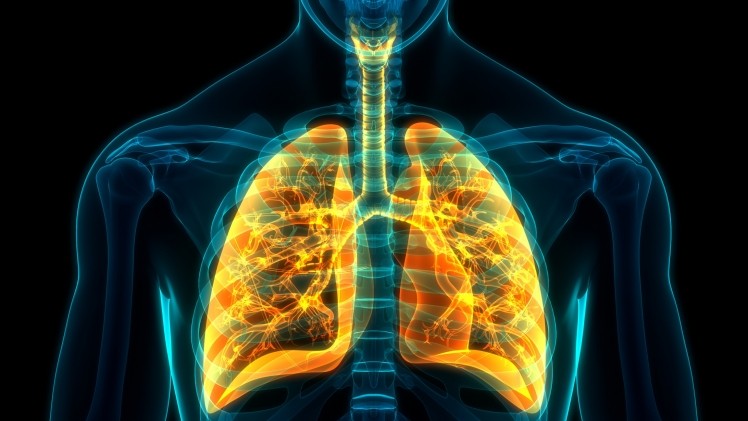Aptar and Fluidda partner to ease inhaled drug regulatory pathway

The partnership will be centered on Aptar Pharma’s subsidiary, Nanopharm, and its SmartTrack platform that provides an alternative bioequivalence regulatory pathway for US Food and Drug Administration (FDA) approval for generic orally inhaled generic products (OIDPs).
The SmartTrack platform is used for the development of generic OIDPs for asthma and chronic obstructive pulmonary disease (COPD), with the company offering design and formulation development services through the integrated solution.
Fluidda’s in silico platform, FRI (functional respiratory imaging), is able to produce quantitative predictions of regional drug deposition in disease state lungs using computational fluid dynamics.
Through the data gathered by the platform, drug developers can understand the availability and activity of the drug at the site of action in the lungs, alongside Nanopharm’s physiologically-based pharmacokinetic model platform and in vitro data.
Aptar acquired Nanopharm in 2019, as part of a strategy to expand its services and partner with pharma companies earlier in the drug development process. The parent company is a contract research and development organization focused on orally inhaled and nasal drug products (OINDPs).
A spokesperson for Aptar explained more about the recent partnership to Outsourcing-Pharma, “Fluidda’s offering (FRI) is an in silico (i.e. computer based) technology that allows Nanopharm to input data from their SmartTrack platform into their computer models to predict where – and how much of – the drug will deposit in the lungs of patients, and is tailored to the lung physiology of patients with different diseases because it uses real high resolution CT scans of patients e.g. asthma patients have different lung physiology than Pulmonary arterial hypertension patients.”
The collaboration itself sees Nanopharm enter into exclusive agreement with Fluidda. According to the spokesperson, this means that Fluidda no longer contracts directly with pharma companies or with other service providers to provide bioequivalence for OINDPs using its FRI technology.
The companies stated that the first potential approval of an OIDP using the alternative bioequivalence approach is pending, and should it prove successful then Nanopharm expects demand for the companies’ collective service to accelerate.
“Companies have to currently perform comparative clinical endpoint studies and the endpoints are indirect measures of efficacy (FEV-1 measurements). These cost tens of millions of dollars and take a lot of time, and usually fail. They fail, not necessarily because the products are not equivalent, but because there is so much patient variability in terms of their disease state/lung physiology, and importantly also because they all use the devices differently, and this has a significant impact on their performance,” the spokesperson outlined, when asked on regulatory challenges for pharma companies working in the space. Such challenges could potentially be bypassed if a product can be approved on the data gathered from a bioequivalence study.
Beyond being able to provide a report on bioequivalence, the SmartTrack service can also help companies to understand the transition to lower global warming potential propellants for pressurized metered dose inhalers (PMDIs). This includes being able to understand deposition and dissolution in the lungs, which could be tested prior to undertaking clinical studies.










